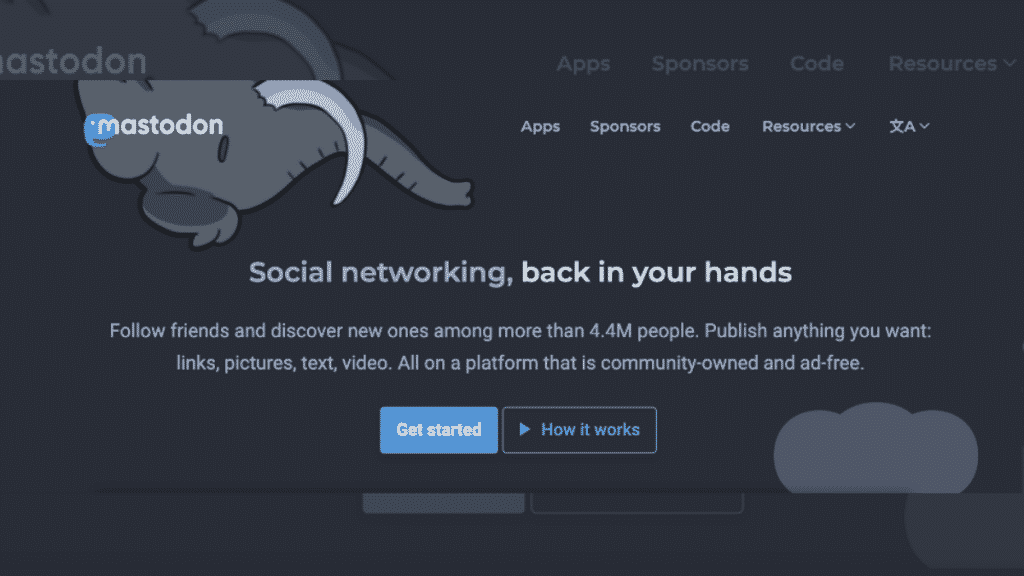If you’ve been on social media for any length of time, you may have heard people saying that Mastodon is ground zero for the next digital revolution, claiming that it’s next to impossible to delete your account and its uncensorable nature means it will someday replace Facebook. Although many internet upstarts are drawn in by this particular notion, the real reason why Mastodon is a great social network is because of its ability to act as an outlet for free speech. Users get to create their own “tribes” with limited memberships and decide who they want online without interference from other users. Considering the aspect of social networks: Many would get on a network to search for terms like Vacancies In Sri Lanka.
Consider Mastodon as the anti-Twitter of today. If you’re looking for a replacement to Twitter, this can be a feasible option. Mastodon is a decentralized social media network that runs on open source software. Each instance of Mastodon is its own separate entity. This means that there isn’t one centralized database or server where the website’s data is stored, which prevents one person or group from taking control of the content being posted. Another benefit of using Mastodon over traditional social media networks is the fact that it has no advertisements and doesn’t sell your data to third parties for profit. The concept of free speech on the internet is really what Mastodon brings more than just an alternative social media platform.
Mastodon replicates many features of Twitter and Reddit, both of which are great Apps thanks to a great round of development. It’s a social network that doesn’t have to be owned or operated by a single company. It’s also completely open source software, so its code is available for anyone to use and improve upon. The idea behind Mastodon is that users should have control over their internet presence, so they should not be required to give up this control when they choose to interact with users in other parts of the world.
Mastodon also released its official iOS App, which can be easily replicated by the great team at Elegant Media. This allows users to interact with Mastodon in the way they normally would, yet it also gives them the ability to do things like join new topics and follow people who live in different regions of the world. By being decentralized, Mastodon is resistant to censorship. However, it’s not fully decentralized because it has a single set of guidelines that is used to censor users who violate the terms of service. Mastodon’s interface is very basic, which is both good and bad. It helps keep things simple, but it also makes it feel a bit outdated compared to other Apps that are available today.
Mastodon is attractive to some users because it offers end-to-end encryption. This means that all of the data being transferred between the user’s computer and the server is encrypted so no one can snoop on the information being shared. However, there are some concerns about this feature of Mastodon because if a user’s password gets hacked, their personal messages could be at risk of being exposed to anyone who has access to them.
Mastodon isn’t just another social network like Facebook, since it’s genuinely uncensorable and doesn’t require a person to use their real name or disclose their personal information in order to use it. A lot of people who dislike the way Twitter and Reddit have been run over the years can sign up and be certain that they will never be banned for saying something that goes against the rules of Mastodon. Mastodon is also free from advertisements and other unwelcome “features” such as data mining.
Everyone is familiar with Reddit or Twitter that have great smartphone Apps thanks to some great App Designers. Both of these social media sites are owned by companies and are controlled by a small number of individuals. On top of that, both of these companies sell your data to advertisers and monetize their services using ads. They have secret tools for removing posts from their sites and sometimes delete accounts without explanation. This is done to prevent competitors from gaining popularity or to just silence certain voices from being heard on their websites.

